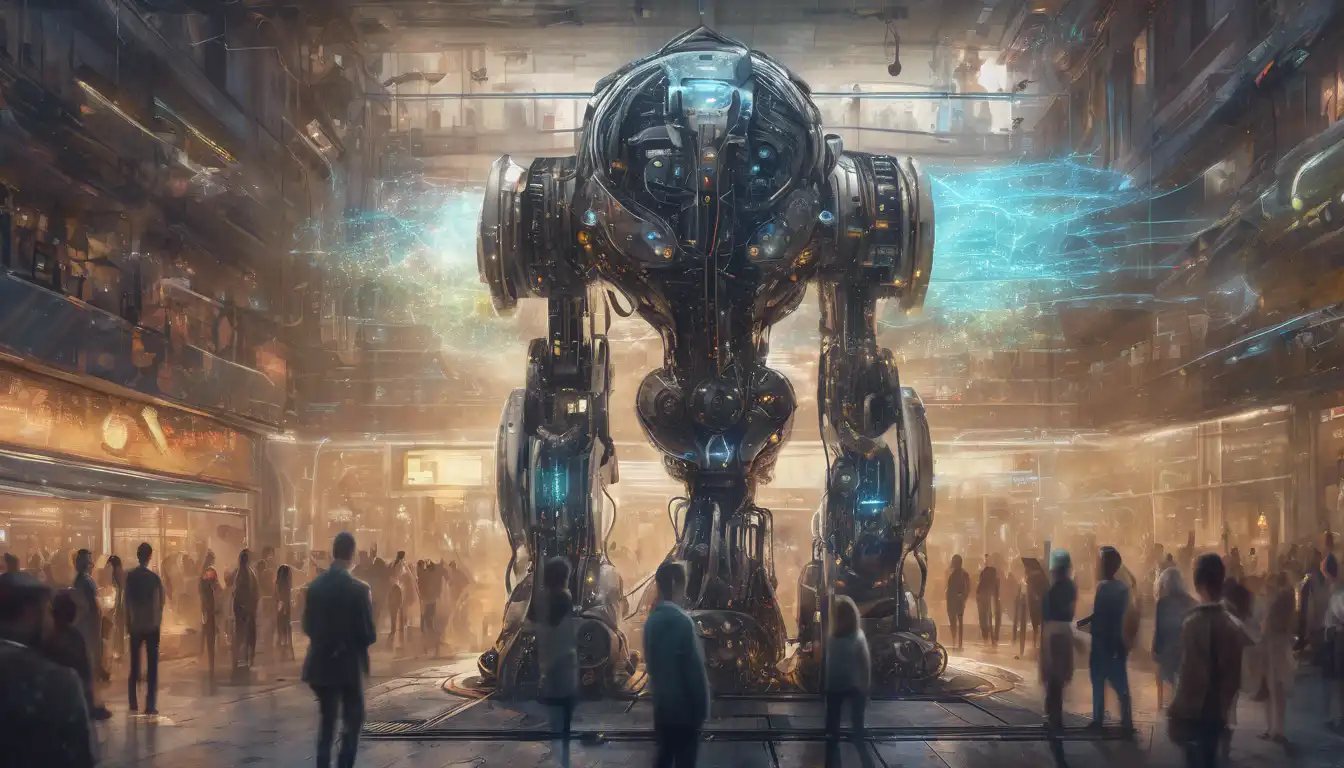Introduction to Machine Learning in Recommendations
Machine learning has revolutionized the way we interact with digital platforms, especially in the realm of personalized recommendations. From streaming services to e-commerce websites, machine learning algorithms are at the heart of suggesting what to watch, buy, or read next. This article delves into how machine learning powers these recommendation systems, making them more accurate and personalized than ever before.
Understanding Recommendation Systems
Recommendation systems are algorithms designed to suggest relevant items to users based on various data points. These systems can be broadly categorized into three types: collaborative filtering, content-based filtering, and hybrid systems that combine both approaches. Machine learning enhances these systems by continuously learning from user interactions, thereby improving the accuracy of recommendations over time.
How Machine Learning Powers Recommendations
Machine learning algorithms analyze vast amounts of data, including user behavior, preferences, and historical interactions, to predict what users might like. Techniques such as neural networks, decision trees, and clustering are commonly used to process this data and generate recommendations. For instance, neural networks can identify complex patterns in user behavior that traditional algorithms might miss.
The Impact of Machine Learning on User Experience
The integration of machine learning into recommendation systems has significantly improved user experience. By providing personalized suggestions, these systems help users discover content and products that align with their interests, leading to increased engagement and satisfaction. Moreover, businesses benefit from higher conversion rates and customer loyalty.
Challenges and Future Directions
Despite their effectiveness, machine learning-based recommendation systems face challenges such as data privacy concerns and the cold start problem for new users. However, advancements in AI and machine learning are paving the way for more sophisticated solutions that address these issues. The future of recommendation systems lies in leveraging deeper learning techniques and more comprehensive data analysis to deliver even more personalized and accurate recommendations.
Conclusion
Machine learning is undeniably powering the next generation of recommendation systems, making them smarter and more user-centric. As technology evolves, we can expect these systems to become even more integral to our digital experiences, offering recommendations that are not just relevant but also timely and context-aware. The potential for machine learning in this domain is vast, and its impact will only grow in the years to come.
